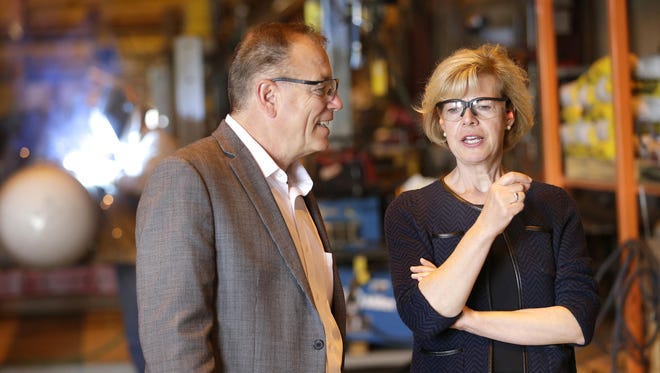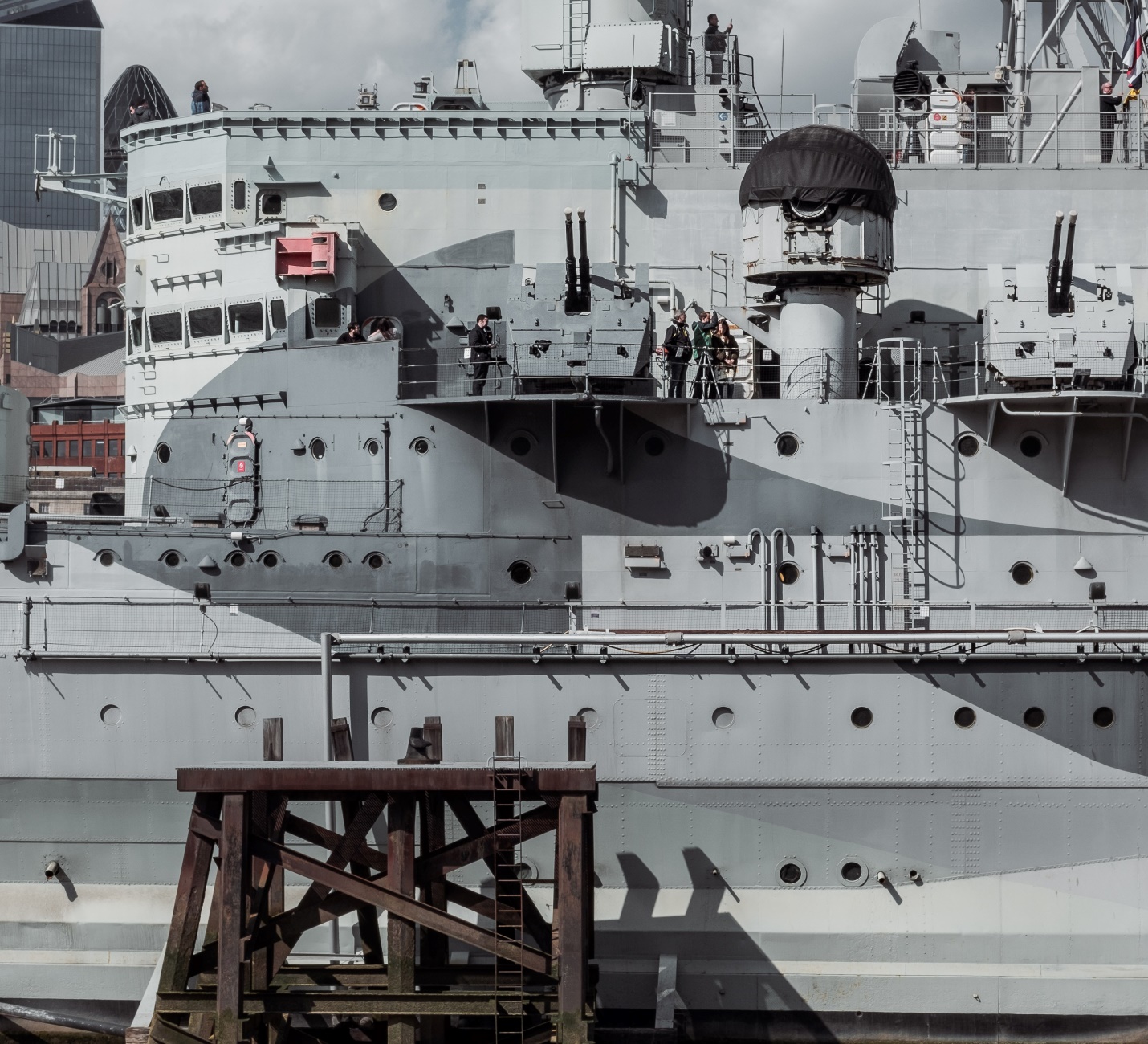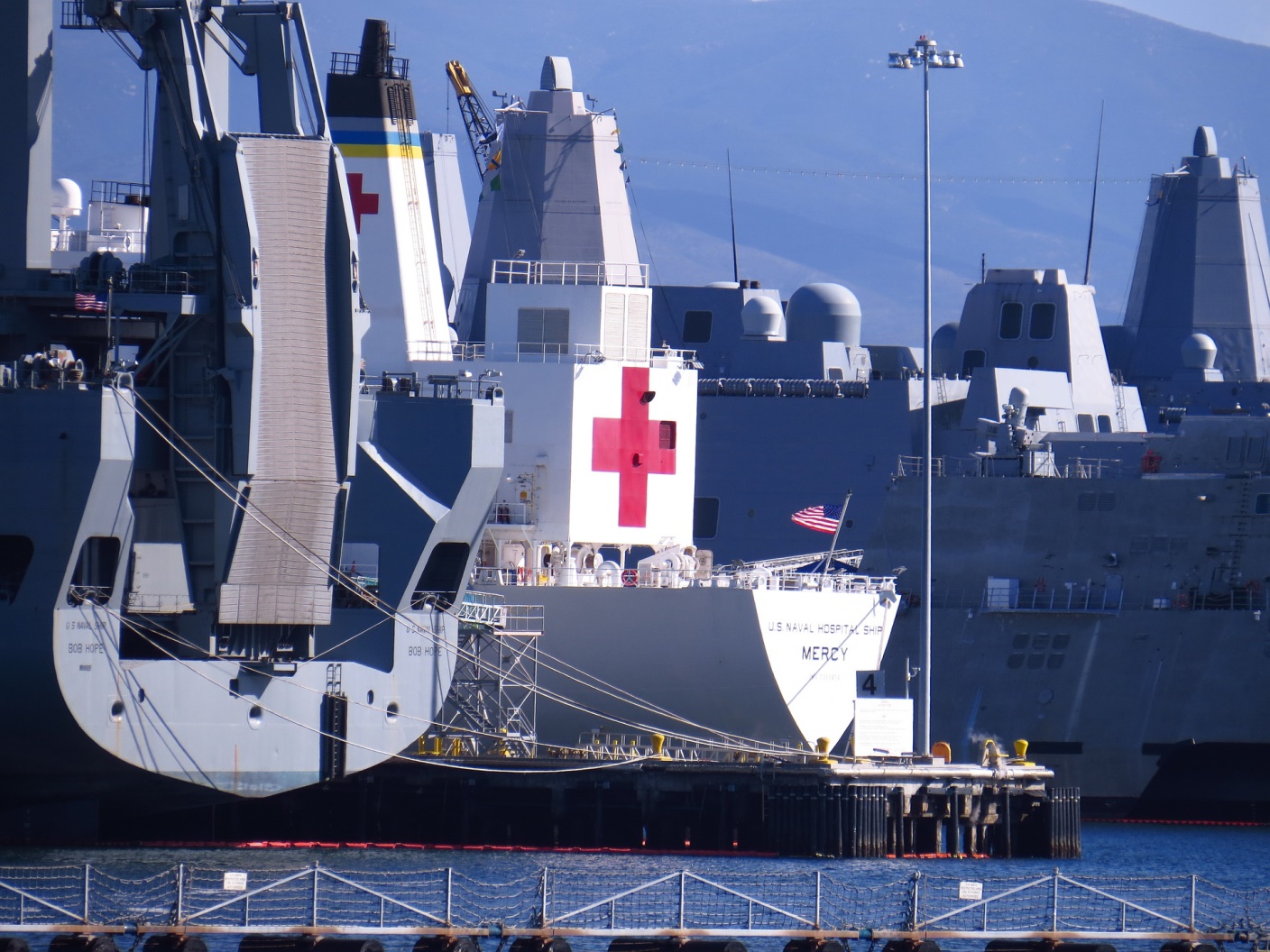 At the end of October, US Senator Tammy Baldwin (WI) reintroduced the “Made in America Shipbuilding Act” (S. 4687). Her reasoning is straightforward: “Manufacturing jobs have created shared prosperity for generations and strengthened the economic security of hard-working families across.” The way she sees things, prioritizing American workers and products protects economic progress.
At the end of October, US Senator Tammy Baldwin (WI) reintroduced the “Made in America Shipbuilding Act” (S. 4687). Her reasoning is straightforward: “Manufacturing jobs have created shared prosperity for generations and strengthened the economic security of hard-working families across.” The way she sees things, prioritizing American workers and products protects economic progress.
“Strong Buy American standards drive local economic growth and create good-paying jobs that support Wisconsin families. And because American workers are the best in the world, these standards also ensure that the federal government, including our military, purchases the highest quality ships and parts needed to carry out its various missions. The Made in America Shipbuilding Act is about doing right by workers in Wisconsin, and I am urging my Senate colleagues to support this legislation,” -Sen. Baldwin
Making American Tax Dollars Work for US Manufacturers

If the government uses US taxpayer dollars to fund a shipbuilding contract, Baldwin’s stance is that they should be built on American soil, by skilled American workers with domestically sourced materials (e.g. steel and aluminum) and critical shipboard components that are made in the USA. This is the latest installment in the Wisconsin Senator’s long history of advocacy for domestic Labor and Manufacturing.
While current policy requires that naval ships are built at domestic shipyards (requiring that at least 50% of the materials and components they are built with are American Made); the proposed legislation would enhance Buy American requirements by extending the existing regulations to cover every class of ship ordered by any government agency. Moreover, it would require that federal shipbuilding orders are completed using “substantially all” domestically sourced materials and components—raising the requirement to 75% by Oct. 2021 and to 100% by Oct. 2026.
 Domestic Shipbuilding’s Strategic Importance
Domestic Shipbuilding’s Strategic Importance
In a statement addressing the bill’s importance, George Williams, CEO of the American Shipbuilding Suppliers Association (ASSA), said, “As a nation, we’re currently struggling to manufacture adequate health care materials to protect our nation; we don’t want to be in the position where we can’t design, build and equip US warships without a dependency on other countries.” As both a longtime supplier of America’s shipbuilders and more recently, an advocate for the prosperity of manufacturing workers—Laser Photonics Corporation both commends Senator Baldwin for bringing this legislation to the floor and stands with the ASSA in defense of its importance.
Echoing the ASSA’s analysis of Supplier Base Sustainment and Expansion, Laser Photonics CEO, Wayne Tupuola, added, “If we want to bring the Defense Department’s vision for the 355+ ship Navy into fruition, we must apply the same stipulations requiring that vessels are manufactured on US soil to the critical shipboard components, systems, and materials used to assemble them. Doing so will ensure that America’s shipbuilding industrial base—and its workforce—is adequately prepared to fulfill the oncoming volume of contracts.”
Protectionism, In Defense Of Liberty
Tupuola, noted, “Beyond the unfair bidding advantage foreign parts manufacturers have against our domestic base due to lax occupational safety and environmental regulations, offshore suppliers pose additional threats to the security and integrity of the ships they help produce,” in a statement detailing the proposed legislation’s significance. Continuing, he explained:
“Oftentimes, foreign suppliers lack the infrastructure in close proximity to US Naval Bases necessary to quickly answer support requests as they arise. Because foreign competitors are not bound by all the regulatory frameworks governing our domestic suppliers, the Navy and Coast Guard risk the obsolescence—or even outright unavailability—of critical components over the lifespan of their ships depending on foreign suppliers’ experience in supporting after-market requirements. Sourcing them from American suppliers drastically reduces these risks.”
Shoring in Maritime Supply Chains with Future Tech
Laser Photonics researches and builds equipment to aid shipbuilding and maintenance initiatives in the maritime industry. Laser Cleaning is a new technology disrupting and effectively replacing, environmentally hazardous processes like sandblasting, chemical cleaning, or abrasive blasting. It eliminates the health risks associated with sandblasting and chemical cleaning equipment. Surface preparation and corrosion control are critical facets of shipbuilding. Laser Photonics takes pride in enabling manufacturers and suppliers to perform them at a higher frequency and with greater precision—without compromising the well-being of skilled American workers. Adopting laser-based systems increases throughput and manufacturing costs by drastically lowering production time. Lasers are suited for contamination removal, surface restoration, inventory tracking and management, permanent service, and quality markings, in addition to a number of unique scenarios.
Closing his statement, Tupuola added, “Our team of Applications Engineers can streamline your production processes and poise your business to win upcoming shipbuilding bids by incorporating customized laser cleaning, cutting and marking systems into your production processes from the only American laser manufacturer worth considering.”
A short brief released by Senator Baldwin’s Office on the “Made in America Shipbuilding Act” can be read here. The full text of the bill can be found here.
